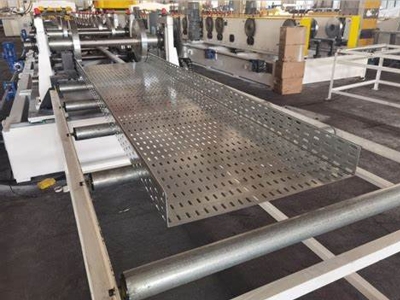How do steel conduits work in electrical systems?
- 1 Views
- 23 Dec 2024
Steel conduits play a crucial role in electrical systems, offering several key functions:
Protection: Steel conduits provide a robust physical barrier that safeguards electrical cables from potential damage due to mechanical impacts, environmental factors, or other hazards .
Support: They offer structural support to the enclosed cables, ensuring that they are maintained in the correct position and preventing sagging or strain .
Earth Continuity: Steel conduits can provide a path for electrical continuity, which is important for grounding and safety purposes. This is particularly valuable in industrial settings where a reliable earth path is necessary .
Fire Resistance: Steel conduits can resist fire and help prevent the spread of flames, thus contributing to fire safety in buildings .
Concealment: They allow for the concealment of electrical wiring, which can be important for both aesthetic reasons and to prevent accidental contact with live wires .
Flexibility in Installation: Steel conduits can be bent and routed through various paths, making them suitable for complex installations. They can be installed in wet areas, hazardous locations, or where corrosion resistance is required .
Durability: Steel conduits are durable and can last for many years, offering long-term value and reducing the need for frequent replacements .
Compliance with Standards: The use of steel conduits can help ensure compliance with electrical codes and standards, which mandate the use of protective conduits in certain applications .
In summary, steel conduits are an integral part of electrical systems, providing protection, support, and safety for electrical wiring while also contributing to the overall functionality and aesthetics of the installation.





